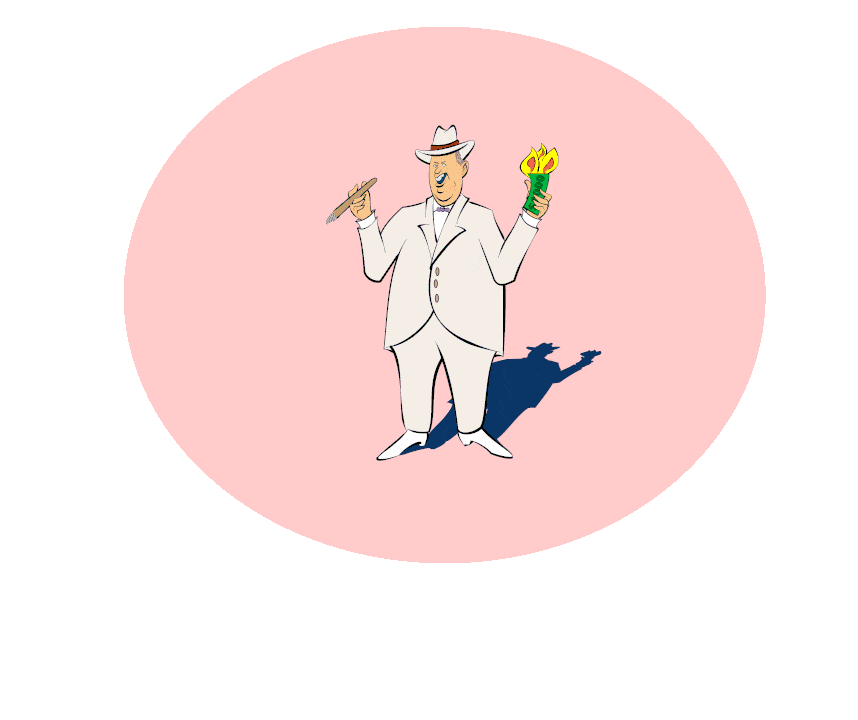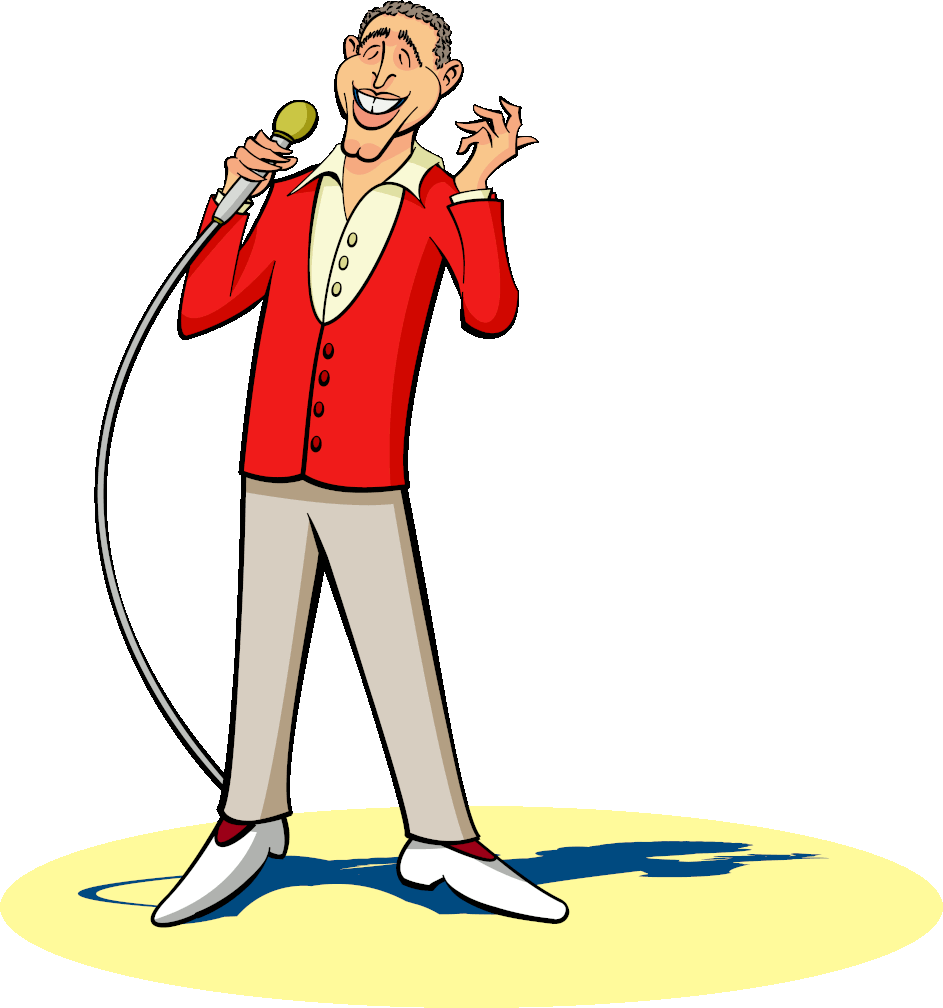At one time the rural American songbag was called "hillbilly" music. Always a somewhat disparaging word, the term was nevertheless used by the musicians themselves. Even Hank Williams - with his well pressed cowboy suit and smooth and mellow vocals - used the word. But it was Hank's song "Lovesick Blues" that was first designated as Country and Western in The Billboard issue of July 26, 1949.
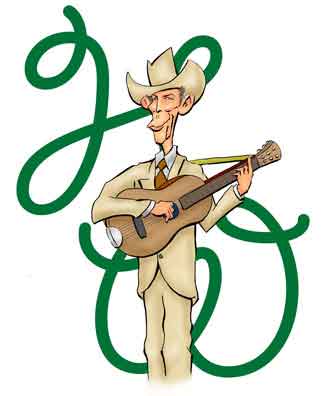
Hank Williams
He said the music was "hillbilly".
Some, though, think it was really Eddy Arnold who effected the change from "hillbilly" to Country and Western. Eddy began his music career in the 1940's and by 1944 his manager was a gentleman named Andreas Cornelis van Kuijk. Due to the vagaries of how Andreas left his native Holland, he assumed the name of Tom Parker and somewhere along the way he acquired the honorary title "Colonel". It was under Tom's firm but astute hand that Eddy moved to be one of the top Country singers in the nation.
Colonel Tom did not overly focus on the artistic side of the business but instead worked to get his clients - and himself - the best monetary deal possible. Always on the lookout for new venues, he wrangled Eddy a spot playing in Las Vegas. A country singer in Vegas? What a radical concept! The Colonel then negotiated some movie roles where Eddy got top billing.
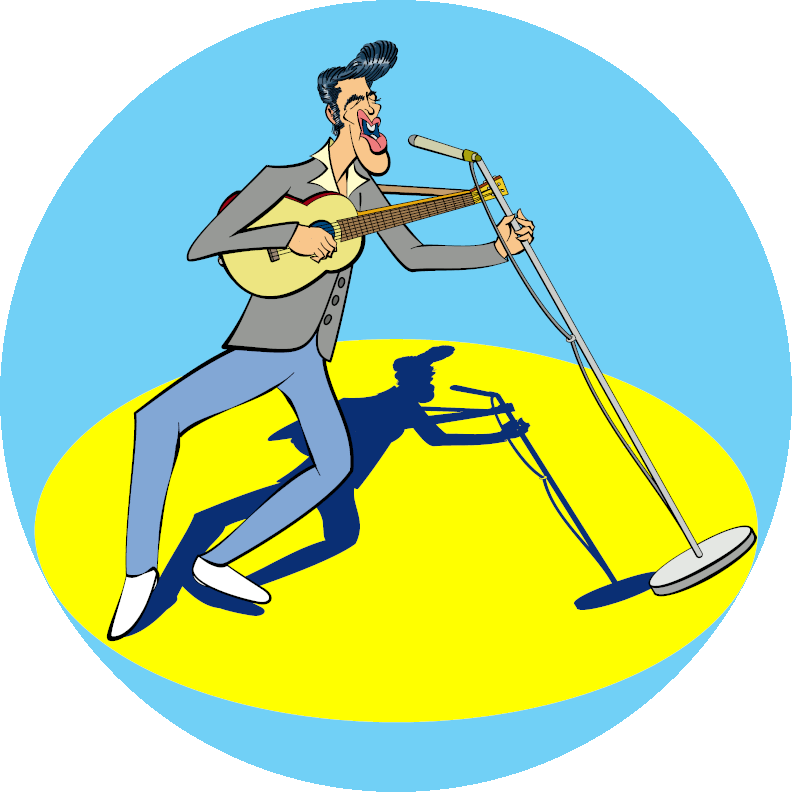
The Truck Driver from Memphis
But after a while Eddy began to chaff under the Colonel's direction. For one thing, Eddy wanted to move into television which he saw as the entertainment medium of the future. But this was a career path vetoed by the Colonel. So in the early 1950's the two split and Tom moved to managing the career of a swiveled hipped former truck driver from Memphis.
Although he was dubbed "The Tennessee Plowboy", Eddy's performances would eschewed any stereotype: no overalls or wearing floppy hats nor being surrounded by bevies of long haired beauties in short shorts with blouses tied up at the midriffs. But although by the late 1940's Hank and Eddy had developed near parity in popularity, Hank had developed a reputation for unreliability and cantakerousness. So when in 1952, the NBC network needed a summer replacement on the infant medium of television, they picked Eddy.
Yes, that's 1952. That may seem an early date for the family to be glued to the tube but by then a full 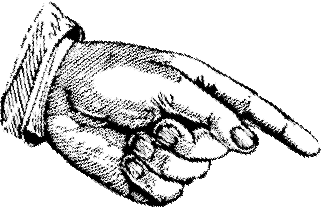 50% of American homes had a television set. So when The Eddy Arnold Show premiered on July 14, 1952, you could sit back and enjoy a whopping 15 minutes of listening pleasure.
50% of American homes had a television set. So when The Eddy Arnold Show premiered on July 14, 1952, you could sit back and enjoy a whopping 15 minutes of listening pleasure.
But it wasn't just the fact that Eddy had a series in the fledgling days of television that made him an entertainment icon. He was the summer replacement for a former barber who had left the family business to become one of the fastest rising popular singers in the country.
We have to admit that keeping track of the early television shows hosted by Perry Como can be a challenge. His first television program is cited variously as The Perry Como Show, The Perry Como Chesterfield Club, or just The Chesterfield Supper Club.1 The confusion is compounded because some of Perry's shows were radio, some were television, and some were both.
Footnote
Although today's audiences are bombasted with advertisements and commercials to the point of producing incoherent articles and programs, they still may blanch at the overt manner of how the products were incorporated into the show itself. When the Chesterfield Supper Club kicked off, the Fontane Sisters sang a ditty about the favorite brand of cigarettes and Perry joined in.
Chesterfield's the best for you
So here's the thing for you to do.
Buy your smokes the modern way.
Regular, king size, start today!
Then Perry would come on screen.
| Perry: | Sound off! |
| The Girls: | For Chesterfield! |
| Perry: | Sound off! |
| The Girls: | For Chesterfield! |
| Perry: | Try a pack of Chesterifields. (Spoken) Do it today. Regular or king size. |
Sometimes the commercials were unintentionally self-satirizing. This was particularly the case if they tried to bring in high tech science to pitch the product. After the song about the mild but rich taste (a strange way to talk about inhaling smoke), you'd get a knowledgeable sounding announcer saying:
Chesterfield gives you scientific facts and names it's ingredients. Chesterfield uses tobaccos pre-tested by laboratory instruments for the most desirable smoking qualities and kept tasty and fresh by the only tried and tested hygroscopic - or moistening - agents proven by over forty years of continuous use in U. S. A. tobacco products as entirely safe for use in the mouth; pure natural sugars and chemically pure, harmless far most costly glycerol - nothing else.
Chesterfield has the newest and most modern research laboratories and factories staffed by experts, outside independent consultants, include many scientists from leading universities.
Believe me, friends, Chesterfield has for your smoking pleasure and protection, every advantage known to modern science. For you that means Chesterfields are much milder with an extraordinarily good taste and no unpleasant aftertaste.
Notice that the claim here is the additives - sugars and glycerol (or glycerin) - are safe. There's no mention of the smoke, tar, and polyaromatic hydrocarbons produced after burning the tobacco. This was a distinction easily over looked by mid-century American audiences.
Also the different shows seemed to be simply a name change and they were really the same program featuring Perry's smooth baritone with his various and famous guests. Or they were different programs but with the same name. Perry's last regular series was Perry Como's Kraft Music Hall from 1959 to 1967,2 and he also hosted numerous specials and made many guest appearances. All in all Perry's radio and television career ranged from 1943 to 1995.
Footnote
Another source of confusion is determining when Perry began hosting the show. You'll find dates as early as 1948. Actually the Kraft Music Hall started out on radio in 1933 hosted by Paul Whiteman. Paul was a big name in music - his orchestra premiered George Gershwin's Rhapsody in Blue - and he was the emcee until 1936 when Harry Lillis "Bing" Crosby took over. The production continued with a series of new hosts but only switched to television in 1958 with Milton Berle. But the next year Perry took over the job, and he remained on the show until 1967. The show continued for a few years with a number of hosts - including Eddy - but it wasn't as popular as when Perry was at the fore.
Eddy's best selling song was "Make the World Go Away", whose eponymous LP was also his best selling album. It was a stretch though to call either the single or the album Country and Western, and when he appeared on television, some viewers didn't realize they were watching one of the biggest Country stars of the day.
Eddy certainly had rural roots and he had sixteen #1 hits on the Country charts and eight #1 Country albums. But it's also true that he would appear on television in conventional coat and tie3 with his vocals backed by a full studio orchestra and chorus. Eddy would often sing what can only be called popular tunes including "My Way" (made famous by Frank Sinatra), "Red Roses for a Blue Lady" (Wayne Newton's big hit), and even "I Started a Joke" where his resonant baritone had a decided contrast with Robin Gibb's high tenor. And believe it or not, some of Eddy's songs can honestly be labeled as, yes, easy listening.
But one of Eddy's best sellers was C&W by any definition and found considerable playing time on the radio. That was Tennessee Stud. The song was written and first recorded by an Arkansas high school teacher and administrator named James Corbitt Morris.4 and Eddy's version fared well. It reached #19 on Billboard's Hot Country Chart in 1949.5 Although the song has been recorded by other musicians, none of their releases have broken into the Top 100 which is a bit of a shock to the fans of Arthel Lane Watson who some feel performed the definitive version of the song.6
Footnote
James, as many may know wrote under the name Jimmy Driftwood, penned an even bigger hit which was originally intended to help his students remember the history of the War of 1812. It started out:
Well, in eighteen and fourteen we took a little trip
Along with Colonel Jackson down the mighty Missisip.
We took a little bacon and we took a little beans
And we met the bloody British near the town of New Orleans.
The song with modified lyrics became the #1 hit on the US country and pop charts in 1959 when sung by a former fisherman named Johnny Horton.
Footnote
The actual position of Eddy's songs are sometimes difficult to pin down as different sources give different answers. For instance, one source - a website - says that Eddy's version of "Tennessee Stud" rose to #5 on the country charts and #48 on the Pop "Hot 100" Chart. However, in the 1959 summary issue of Billboard, the Country and Western Hot 100 ranked the song at #19 for the year and it wasn't listed on the Hot 100 Pop Chart.
Footnote
Doc's version of Tennessee Stud was originally released on his second studio album Southbound. But it became one of his most popular concert songs after it was featured on the 1972 Nitty Gritty Dirt Band's album Will the Circle Be Unbroken. Since the album reached #1 on Billboard's Bluegrass Chart and #4 on Country, technically Doc's rendering did sell better than Eddy's.
You'd think no one could mistake Eddy's "Cattle Call" for a pop tune. It has about every requirement for a Country and Western song (including Eddy's skillful yodeling) and with accuracy can even be called a "cowboy" song. And yes, it hit #1 for Country Music in store sales in 1955.7
Footnote
Part of the confusion in ranking Eddy's songs is that before the creation of Billboard's Hot 100, the songs were divided and ranked by category. For instance, the categories were "Sales in Stores" category, "Played on Radio", and even "Played on Jukeboxes". Usually the ranking of the "Sales in Stores" category is the one you read as the Billboard ranking.
But that was also the version where Eddy sang with the backing of the full orchestra and chorus conducted by - get this - Hugo Winterhalter. The song literally has to be heard to be believed, and Eddy's later performances of the song weren't quite so lush as he returned to the more traditional Country and Western instrumentation.
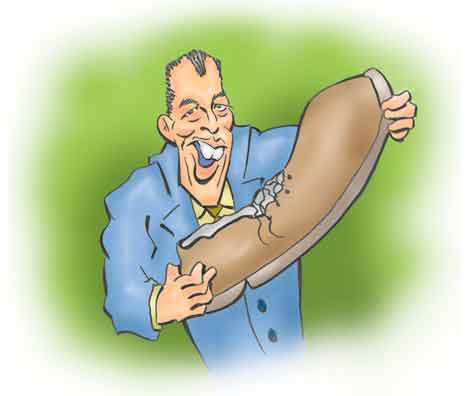
Ed Sullivan
A Really Big Shew
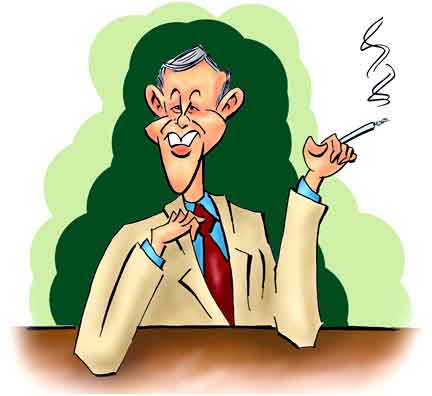
Johnny Carson
Eddy stood in.
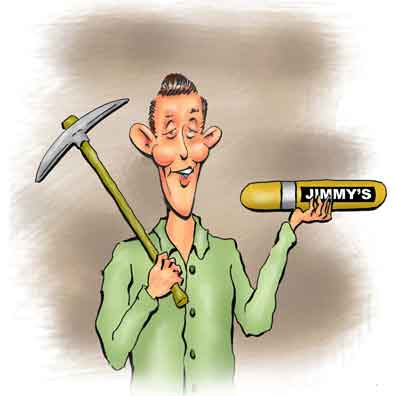
Jimmy Dean
Of course, Eddy appeared on Ed Sullivan's really big shew. That was in 1964 and he was also on The Tonight Show with Johnny Carson a total of ten times and once even stood in for Johnny as the guest host. But although Eddy never hosted the Muppet Show - a mark of true fame in the 20th Century - he did appear on the Jimmy Dean Show whose co-star was the Muppet star Rowlf the Dog. Eddy kept going long afterwards and he was still making the Country Charts well after the turn of the Millennium.
